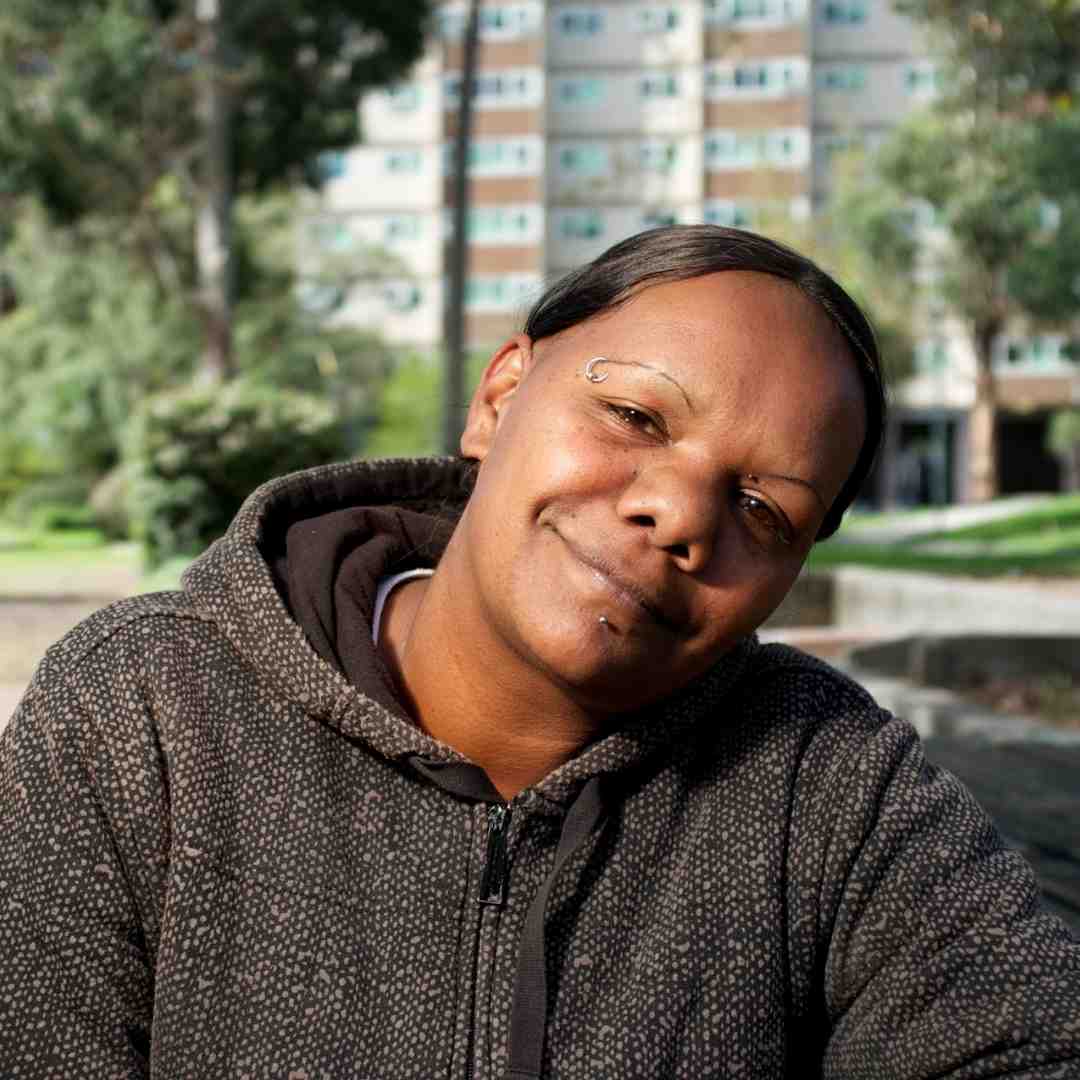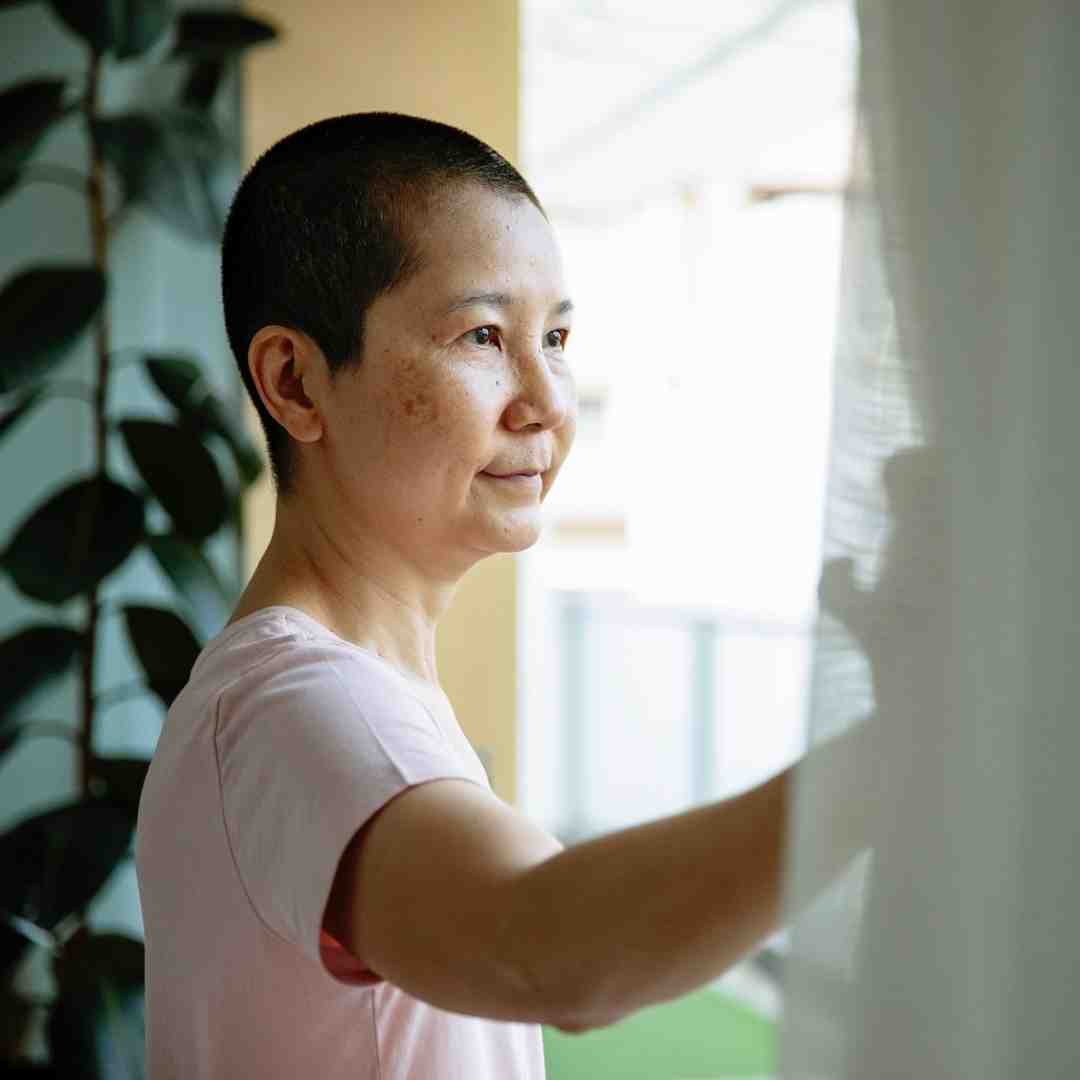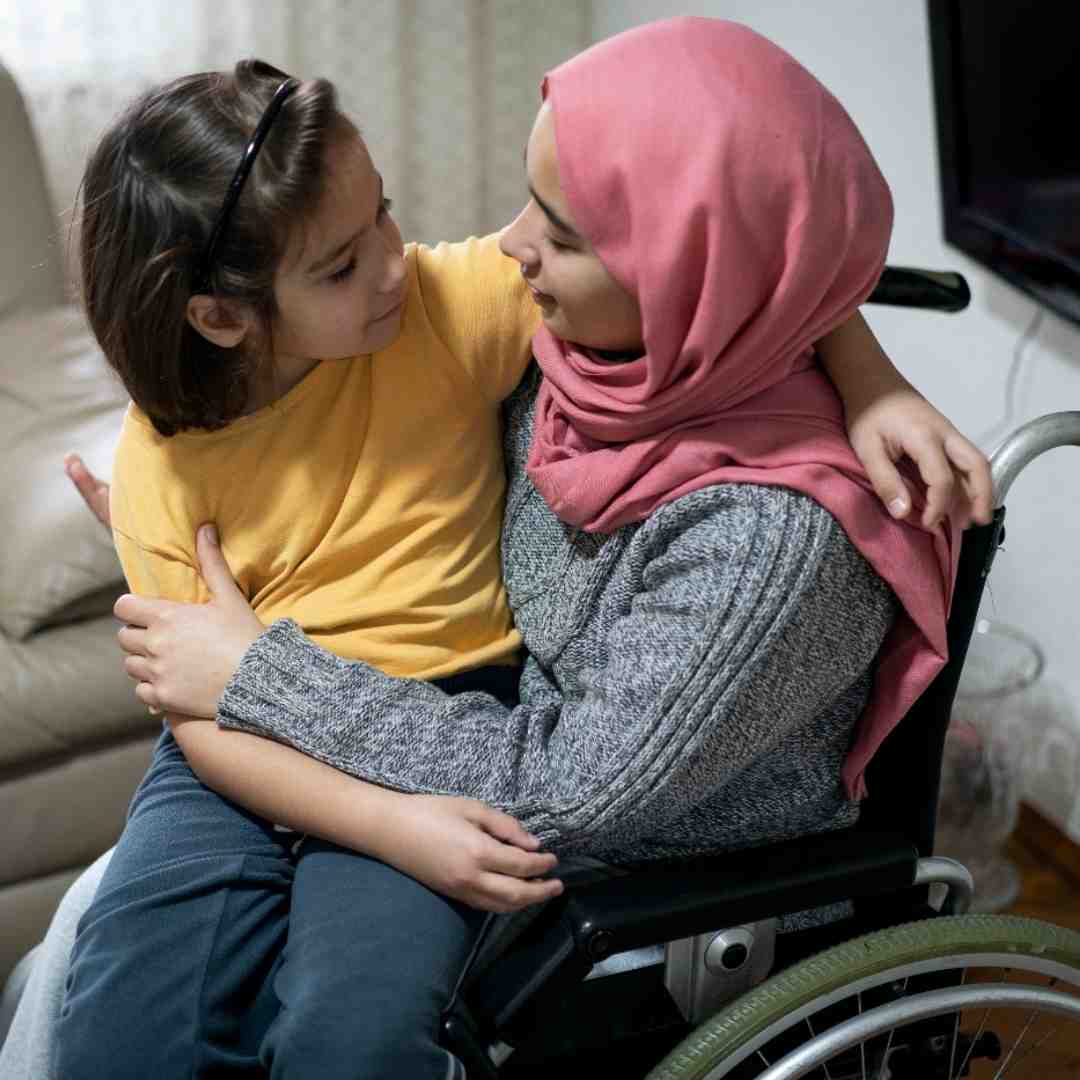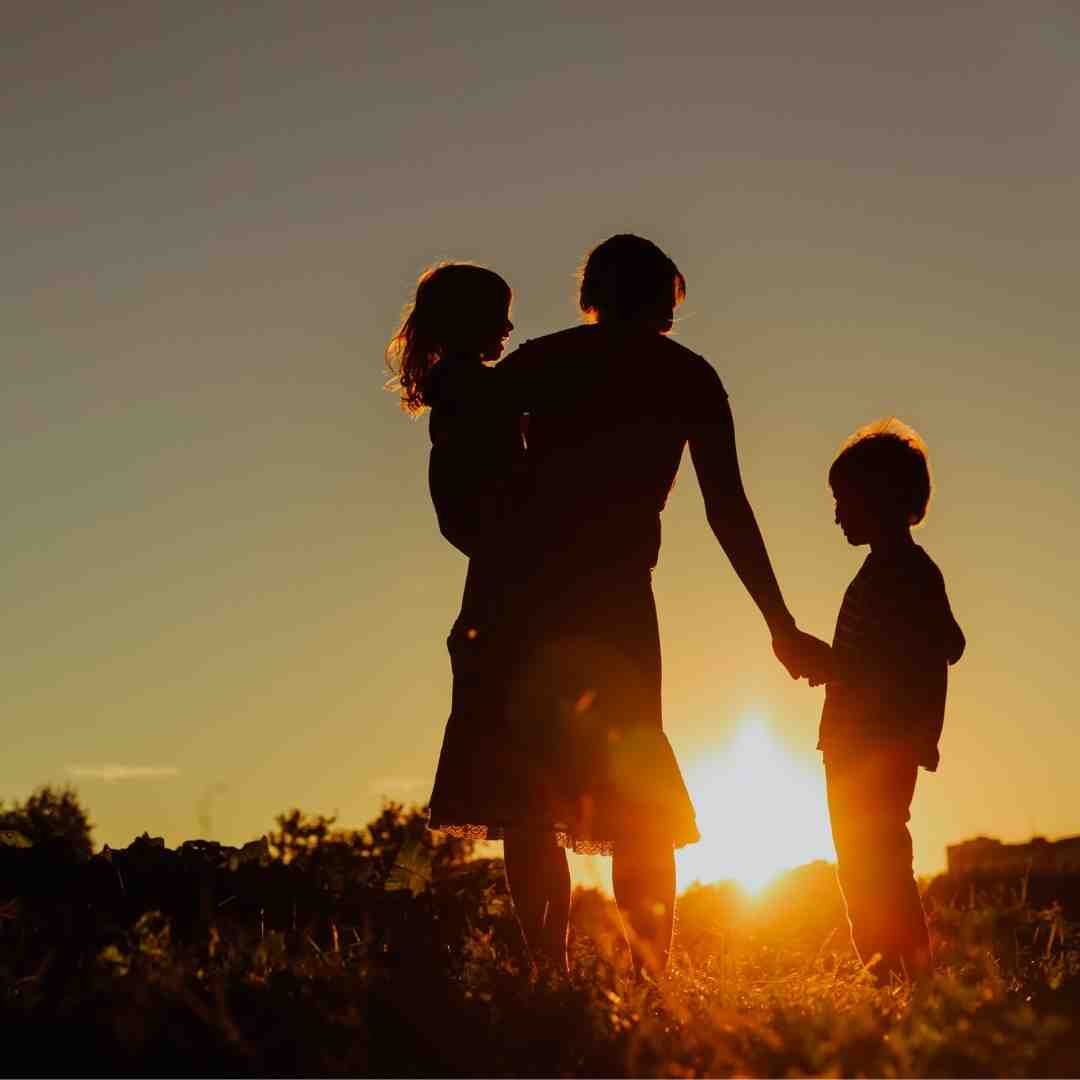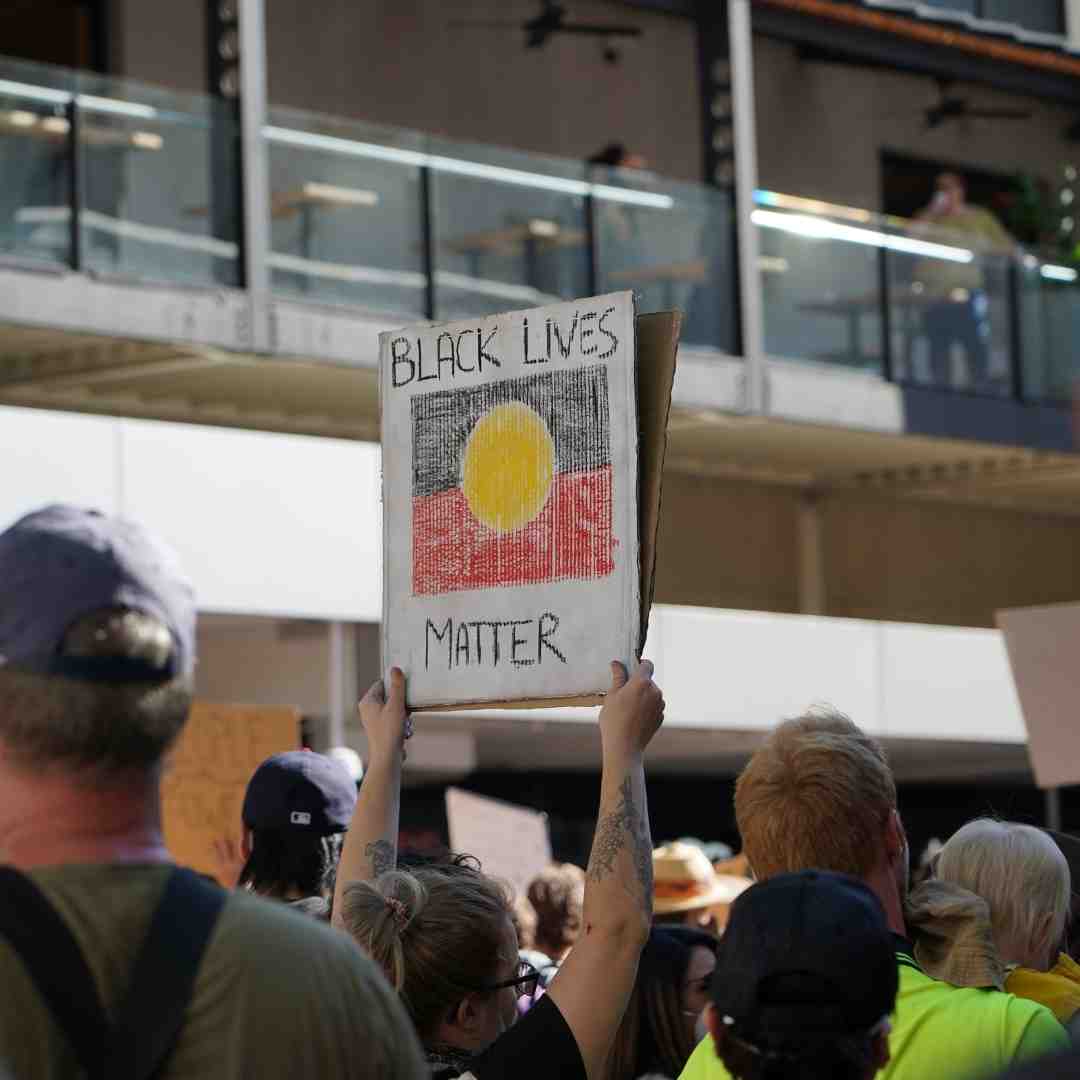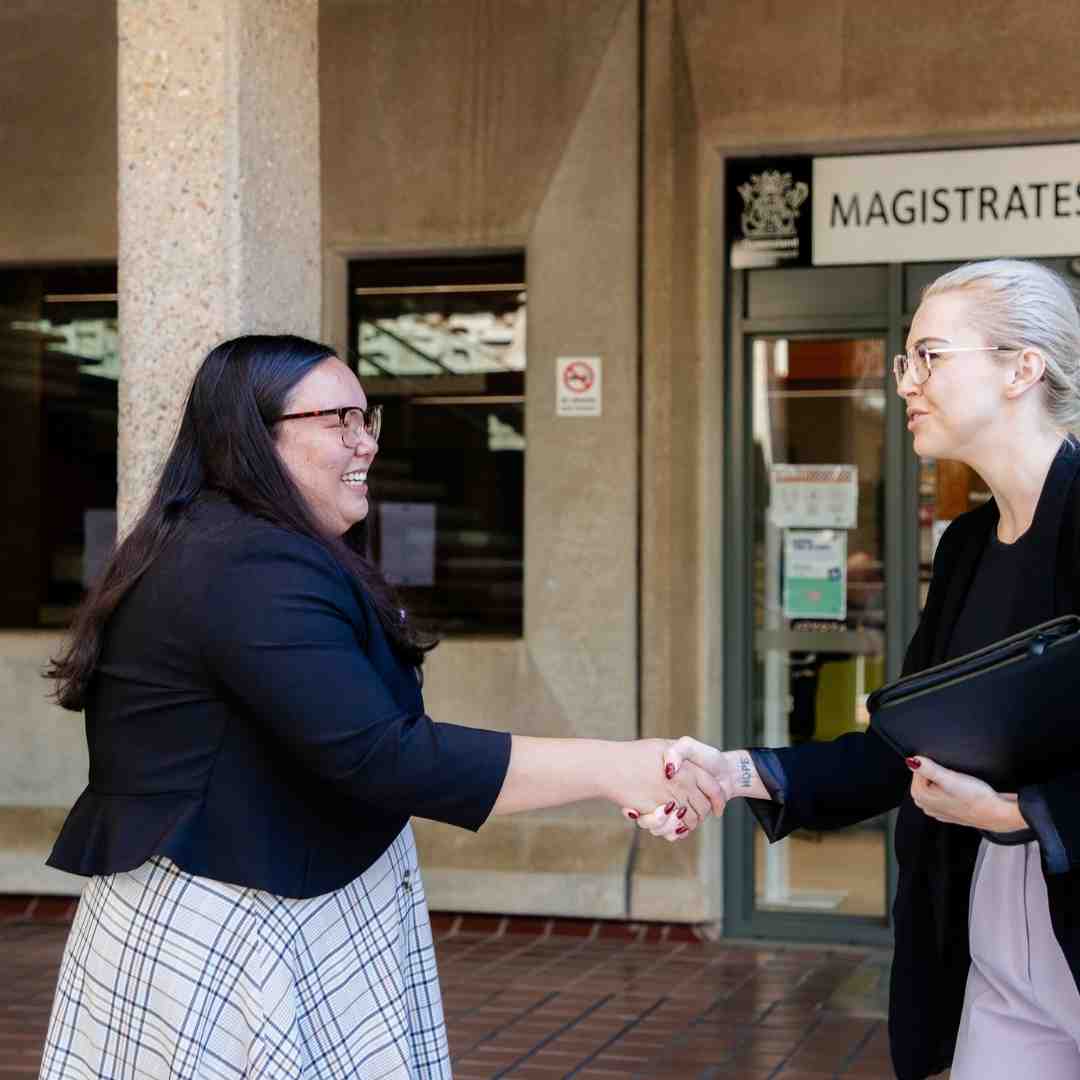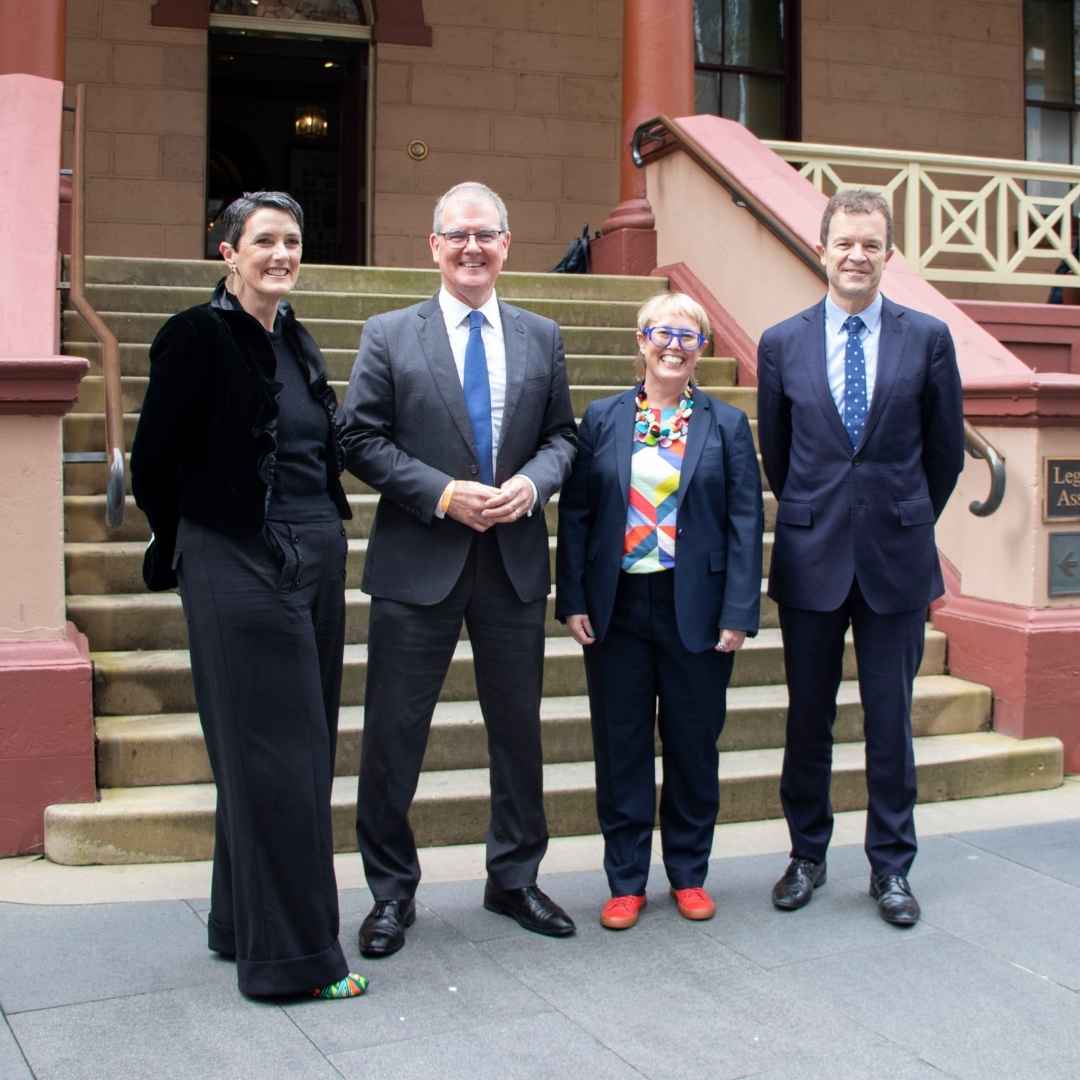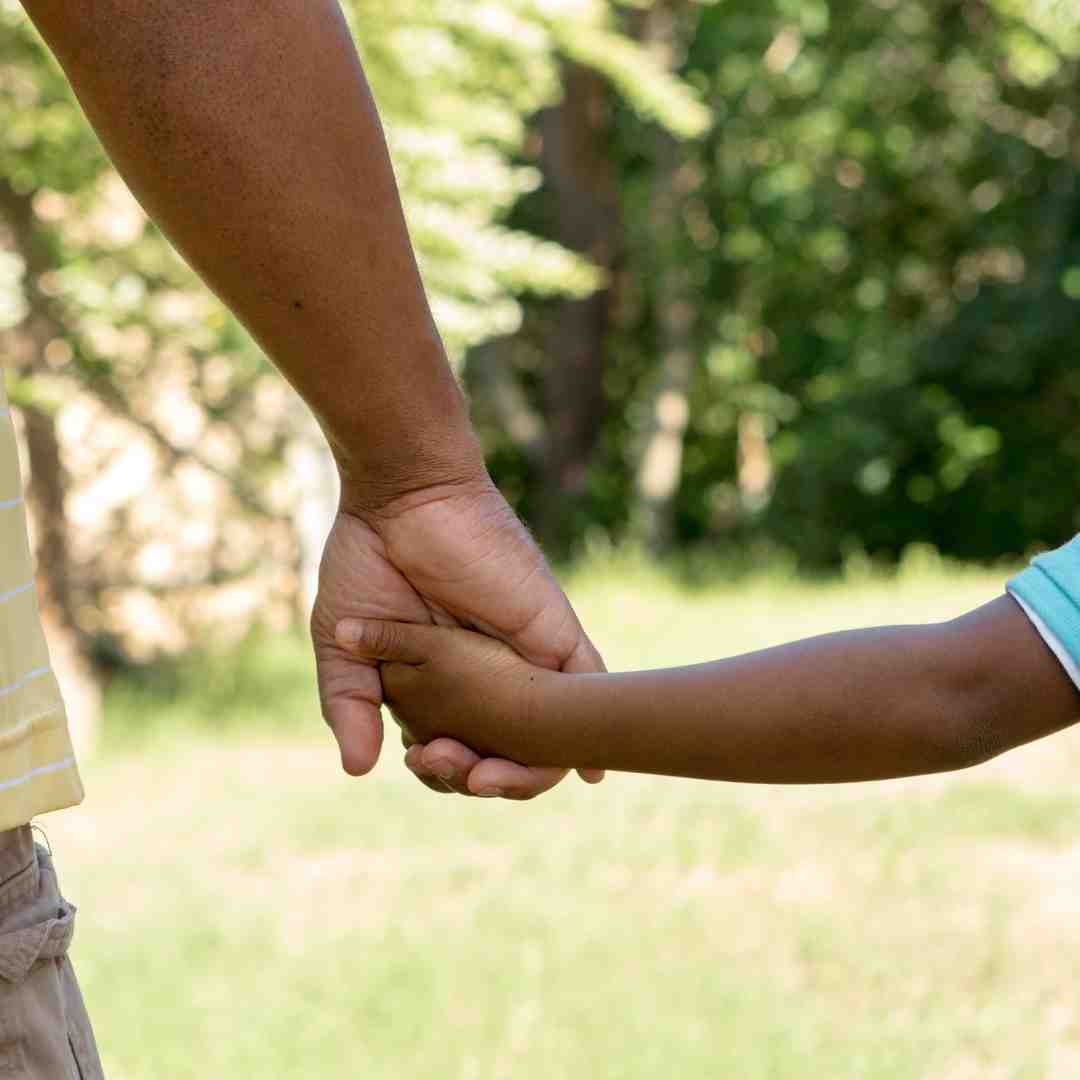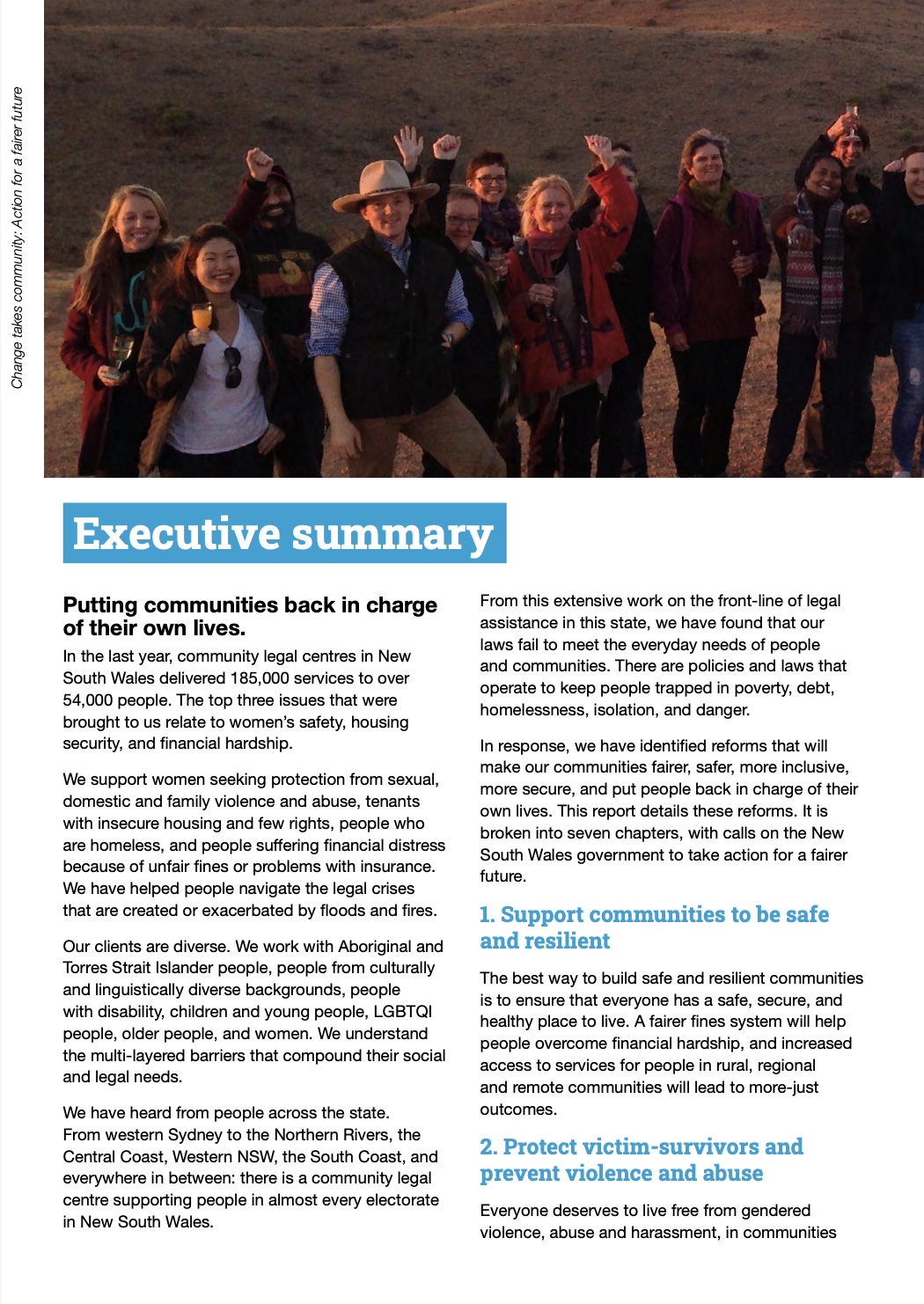As services on-the-ground, community legal centres are uniquely placed to identify structural and systemic issues and develop meaningful solutions to these barriers to justice.
As the peak body, Community Legal Centres NSW works to support and amplify our members’ law reform work and advocacy. We advocate directly to government on priority access to justice issues that directly impact the lives and wellbeing of the people and communities we support.
Fair, just and inclusive communities where everyone is housed, fed, safe, cared for, and has the support they need to thrive and participate in society.
A world where everyone lives with respect, wellbeing, and dignity.
A continent where Country is cared for, where Aboriginal and Torres Strait Islander people’s sovereignty is respected, and where self-determination is a reality.
Communities where people can access free legal help, regardless of their race, gender, disability, or where they live.
Putting communities back in charge of their own lives.
In the last year, community legal centres in New South Wales delivered 185,000 services to over 54,000 people. The top three issues that were brought to us relate to women’s safety, housing security, and financial hardship.
We support women seeking protection from sexual, domestic and family violence and abuse, tenants with insecure housing and few rights, people who are homeless, and people suffering financial distress because of unfair fines or problems with insurance. We have helped people navigate the legal crises that are created or exacerbated by floods and fires.
Our clients are diverse. We work with Aboriginal and Torres Strait Islander people, people from culturally and linguistically diverse backgrounds, people with disability, children and young people, LGBTQI people, older people, and women. We understand the multi-layered barriers that compound their social and legal needs.
We have heard from people across the state. From western Sydney to the Northern Rivers, the Central Coast, Western NSW, the South Coast, and everywhere in between: there is a community legal centre supporting people in almost every electorate in New South Wales.
From this extensive work on the front-line of legal assistance in this state, we have found that our laws fail to meet the everyday needs of people and communities. There are policies and laws that operate to keep people trapped in poverty, debt, homelessness, isolation, and danger.
In response, we have identified reforms that will make our communities fairer, safer, more inclusive, more secure, and put people back in charge of their own lives. This report details these reforms. It is broken into seven chapters, with calls on the New South Wales government to take action for a fairer future.
1. Support communities to be safe and resilient
The best way to build safe and resilient communities is to ensure that everyone has a safe, secure, and healthy place to live. A fairer fines system will help people overcome financial hardship, and increased access to services for people in rural, regional and remote communities will lead to more-just outcomes.
2. Protect victim-survivors and prevent violence and abuse
Everyone deserves to live free from gendered violence, abuse and harassment, in communities
where our personal integrity is respected. Our reforms seek to prevent violence in the community and improve safety and support for victim-survivors. We also want to improve access to compensation for victim-survivors of sexual, domestic, and family violence and abuse.
3. Foster equality and respect
Our communities are healthier and stronger when we treat one another with dignity and respect. For this to be a reality, our laws and policies must be guided by the values of inclusion, freedom, equality, and dignity. We can do this by safeguarding human rights and protecting people from discrimination. Supporting people with disability’s safety, wellbeing, and capacity to make decisions affecting their own lives will promote respect for their inherent dignity and allow for effective participation in society on an equal basis with others.
4. Empower communities. Disrupt pathways to prison
Supporting people to live safe and healthy lives in the community will disrupt pathways to prison and keep families together. The NSW Government must end Aboriginal and Torres Strait Islander deaths in custody. Fairer laws and policies, along with improved police accountability and transparency, will reduce the need for police intervention and reduce the number of people in prison. Improving imprisoned people’s health, wellbeing, and financial security will help people to reintegrate and participate in community life.
5. Keep families together and young people in community
Every child should be free to go to school, have
a safe home to live in, and be supported to live with their community and family. We need to keep children and young people in community and out of the criminal legal system. This means supporting parents, families and communities to keep children safe at home, and embedding the principles of self-determination for Aboriginal and Torres Strait Islander people throughout the child protection system.
6. Care for the environment
We are in a climate emergency and an extinction crisis. To safeguard against extreme weather events and the catastrophic effects of climate change, we must set strong, credible targets to reduce greenhouse gas emissions. A just transition to a zero-carbon economy is necessary and we need climate-ready planning laws to ensure that people experiencing hardship are not left behind. Conserving biodiversity is a key principle of ecologically sustainable development and enhances our ability to enjoy a healthy environment. We must increase protections for threatened species, and respect and protect animals’ rights and wellbeing.
7. Champion a vibrant democracy
A vibrant democracy protects our freedoms. It means that communities, people and organisations have the right to participate freely and fairly in public policy debates, advocacy, and activism. It requires government openness and accountability.
About Change takes community
While Change takes community: Action for a fairer future is organised into seven chapters, the social, health and legal problems that we address overlap and intersect. The communities we support experience multiple forms of inequality or disadvantage. Drivers of violence, insecurity, discrimination, and inequality are multiple and this compounds the legal issues that people experience. Legal and policy solutions need to be multi-faceted and address the structural inequalities related to age, race, disability, sexual orientation, and gender.
We believe that everyone deserves to live with respect, wellbeing, and dignity. For us, justice means that our communities are inclusive places where everyone is housed, fed, safe, cared for, and has the support they need to thrive and participate. Change takes community presents some solutions that will set us on the path to a fairer, safer, and a more inclusive future.
Justice for Aboriginal and Torres Strait Islander people
In Change takes community, we include recommendations to address systemic injustices in legal systems and government policies experienced by Aboriginal and Torres Strait Islander people in every section, rather than in a standalone section on First Nations justice. We feel that this approach recognises the intersectional impacts that our unjust systems cause Aboriginal and Torres Strait Islander people and communities. It is intended to recognise the priority we give to justice for Aboriginal and Torres Strait Islander people across all the issues we work on.

